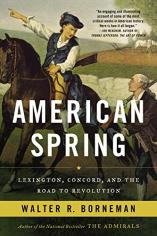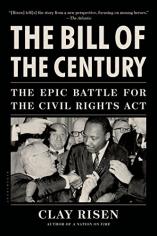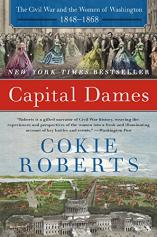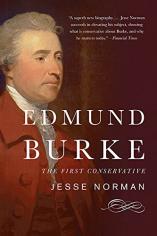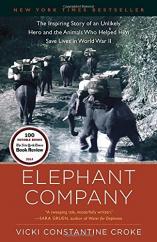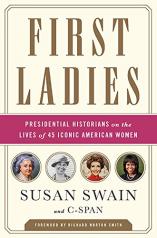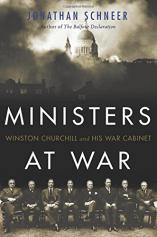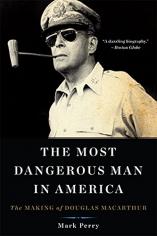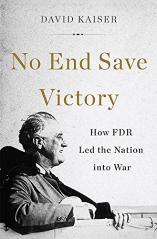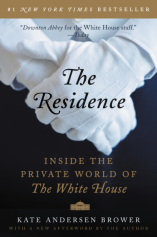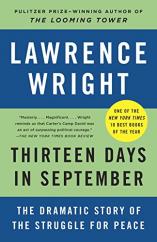April 2015
History Books Roundup: Reliving the Past
April 2015

April’s roundup of History titles includes CAPITAL DAMES by Cokie Roberts, a riveting exploration of the ways in which the Civil War transformed not only the lives of women in Washington, D.C., but also the city itself; James Bradley’s THE CHINA MIRAGE, a spellbinding history of turbulent U.S.-China relations from the 19th century to World War II and Mao's ascent; KL by Nikolaus Wachsmann, an unprecedented, integrated account of the Nazi concentration camps from their inception in 1933 through their demise, 70 years ago, in the spring of 1945; and WENT THE DAY WELL?, David Crane’s astonishing hour-by-hour chronicle that starts the day before Waterloo, the battle that reset the course of world history, and continues to its aftermath.

